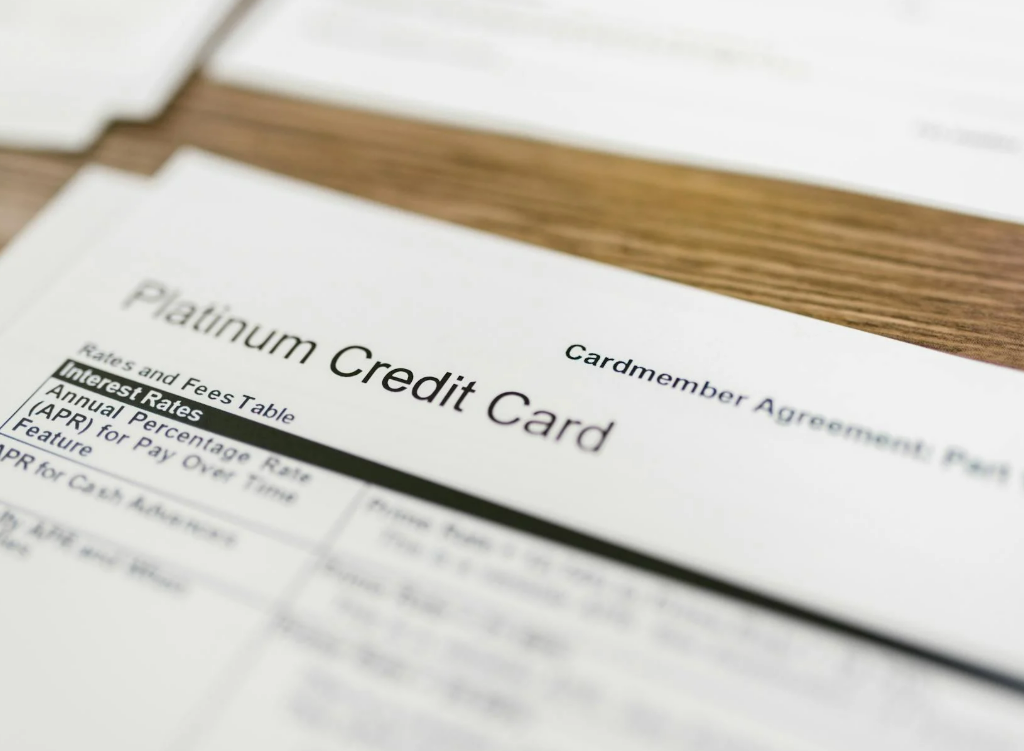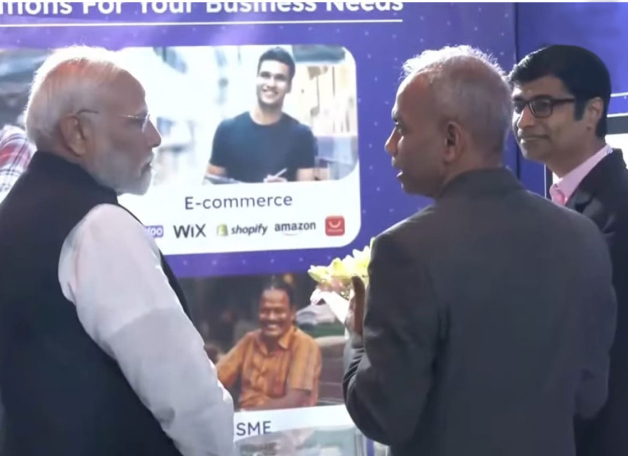If you want to sell your goods to other countries, that’s great for your business! But when you sell overseas, it’s important to know about payment terms. Terms like EXW, FOB, and CIF are not just shipping words. They are key to understanding who is responsible for what when you sell to buyers in other countries.

Choosing the right payment terms is about more than just sending goods. It’s about keeping your business safe, making sure you get paid what you should, and trusting your buyers in other countries. If you don’t get these terms right, you could have problems with costs, shipping delays, and not getting paid.
This blog will make export payment terms easy to understand. We will focus on terms like EXW, FOB, and CIF. We will explain what each term means for you as a seller and for the buyer. We will show you how these terms change what you are responsible for and what costs you pay. Let’s learn about export payment terms so your global business can succeed.
Why Understanding Export Payment Terms Are Important
Imagine you have a big order to send goods to another country. That’s exciting for your business! But do you know who pays for shipping? Who will set up the delivery? Who will pay for insurance? This is where export payment terms, like Incoterms, are very important.
Incoterms are like rules for selling goods to other countries. Many countries around the world use these rules. They are made by a group called the International Chamber of Commerce (ICC). Incoterms tell you:
- Where Delivery Happens: Where the seller stops being in charge of the goods, and the buyer starts.
- Who Pays for What: Who pays for shipping, insurance, and taxes.
- When Risk Moves: When it becomes the buyer’s risk if the goods are lost or broken.
Using Incoterms in your deals to sell goods to other countries makes things clear. It helps avoid problems. They are like a common language for global business. They help make sure things go smoothly and without arguments. Let’s look at some important Incoterms and what they mean for how you get paid.
Important Export Payment Terms
Understanding export payment terms is essential for smooth international transactions. Different Incoterms define the responsibilities of sellers and buyers, impacting costs, risks, and payment structures. Below is a breakdown of some commonly used terms and how they influence the payment process.
EXW (Ex Works): Seller Does Very Little
Ex Works (EXW) places minimal responsibility on the seller. The seller’s job ends once the goods are packed and ready for pickup at their location, such as a factory or warehouse. The buyer is responsible for all logistics, including transportation, export and import procedures, duties, and insurance.
Since the seller does not handle shipping, they often prefer to receive payment upfront or before the goods are released. Wire transfers and Letters of Credit are common payment methods to ensure security. This term is most suitable when the buyer has extensive experience in international shipping and prefers to control every aspect of logistics.
For sellers, EXW minimizes workload and costs, making it an attractive option for businesses that do not want to engage in complex shipping arrangements. However, buyers may find it challenging if they lack the resources to manage transportation and customs clearance, making the overall process more expensive and complicated on their end.
FOB (Free On Board): Seller’s Job Ends at the Ship
Under Free On Board (FOB) terms, the seller is responsible for delivering the goods to a designated port, handling export clearance, and ensuring they are loaded onto the buyer’s chosen ship. Once the goods are on board, the responsibility shifts to the buyer, who then arranges and pays for the main shipping, insurance, import duties, and inland transportation in their country.
FOB is a widely preferred shipping term because it offers a fair balance of responsibility. The seller takes care of export-related tasks, reducing the burden on the buyer, while the buyer still controls the main shipping process. Payment terms for FOB transactions often involve partial advance payments, with the remaining balance settled upon shipment or when the seller presents proof of loading, such as a bill of lading. Letters of Credit are frequently used to ensure payment security.
For sellers, FOB is an attractive option as it limits their obligations to their local shipping port, making it easier to manage costs and logistics. However, they need to coordinate closely with the buyer’s shipping company and be aware of export regulations. Buyers, on the other hand, gain control over the main shipping process, which can help them negotiate better freight rates and manage costs more effectively.
CIF (Cost, Insurance, and Freight): Seller Does More, Buyer Pays More
Cost, Insurance, and Freight (CIF) terms require the seller to handle a significant portion of the shipping process. The seller is responsible for exporting the goods, covering shipping costs to the buyer’s port, and providing basic insurance coverage for the journey. Once the goods arrive at the destination port, the buyer takes over, handling unloading, import duties, and final transportation.
Since the seller incurs additional costs for shipping and insurance, CIF prices are typically higher than EXW or FOB rates. This makes CIF attractive to buyers who are unfamiliar with international logistics or prefer a hassle-free shipping arrangement where the total cost is clear upfront. Sellers, in turn, may use CIF as a strategy to attract new buyers by simplifying the purchasing process.
Payment for CIF transactions often follows a structured approach, with portions paid in advance and the remaining balance cleared upon shipment. Letters of Credit are commonly used to ensure payment security. While CIF can be beneficial for sellers looking to provide added value, it also increases their financial risk, as they must manage freight and insurance costs that could fluctuate due to currency exchange rates or unforeseen shipping delays.
Conclusion: Be Clear and Smart About Export Payment Terms
Understanding export payment terms and Incoterms is not just about shipping stuff – it’s about making good business deals with people around the world that will make you money and be safe. Think carefully about what you can do, what your buyer needs, and what each term means. Then choose the right way to set up your export deals. Clear talking, good contracts with Incoterms, and smart payment plans are the keys to doing well in global business.
Take Control of Your Global Payments with BRISKPE

Navigating export payment terms and Incoterms is key to securing profitable and risk-free global trade deals. With BRISKPE, you can seamlessly manage cross-border transactions, ensuring fast, secure, and cost-effective international payments.
Whether you’re dealing with buyers worldwide or optimizing your payment terms, BRISKPE provides the reliability and transparency you need.







